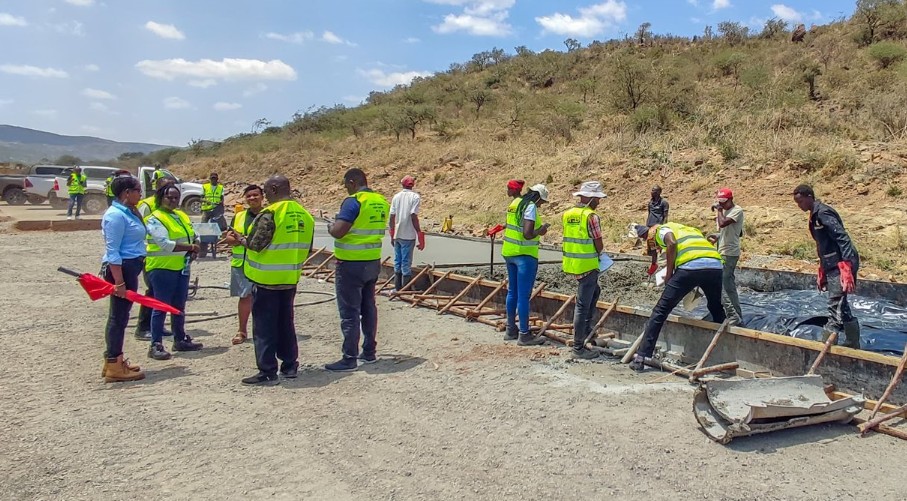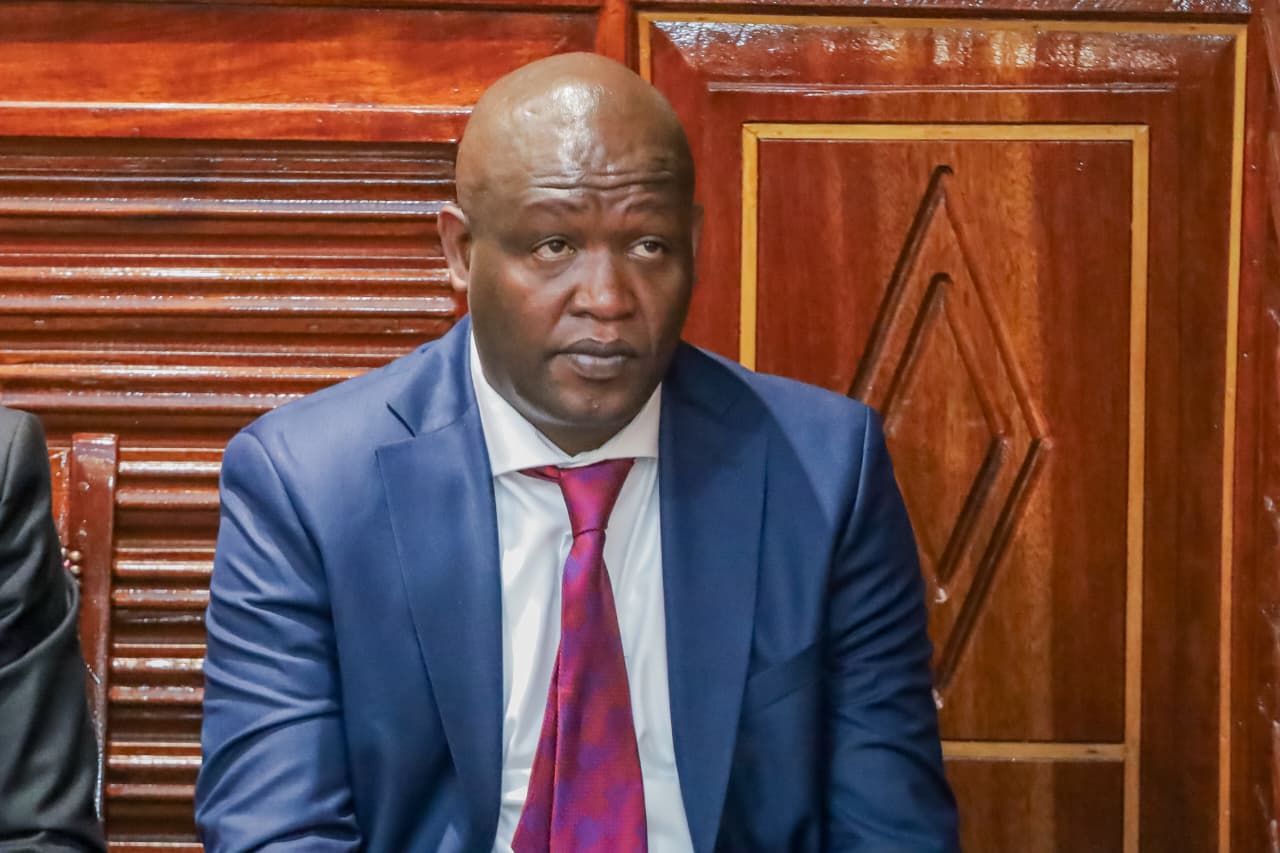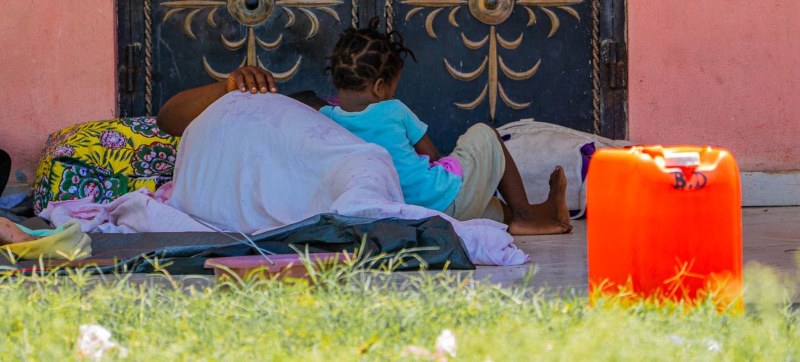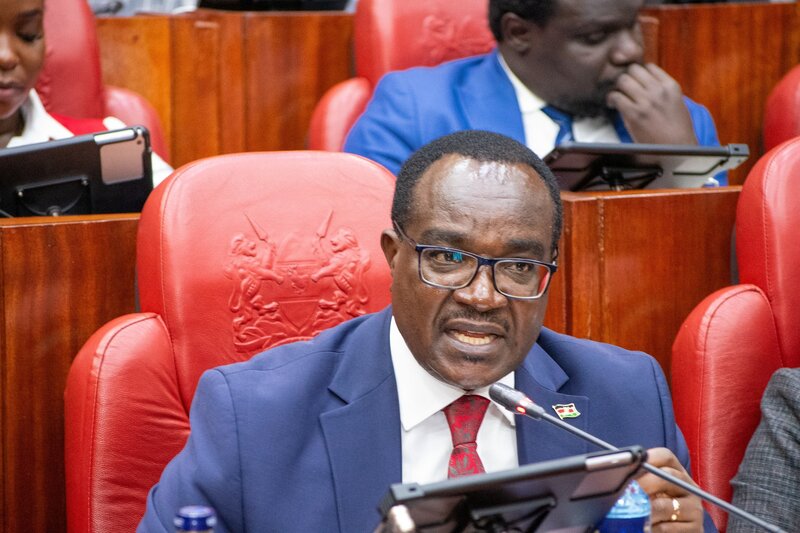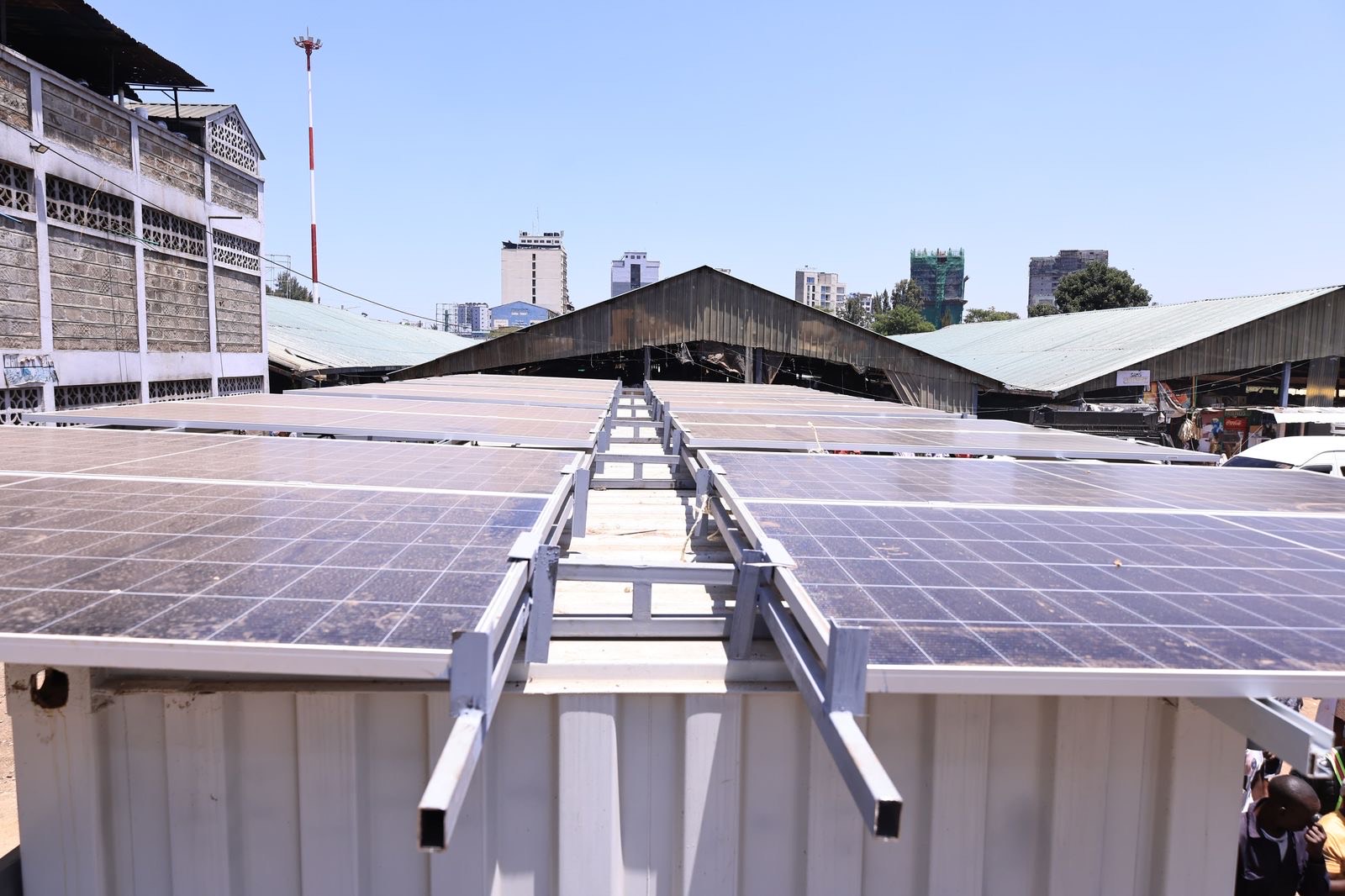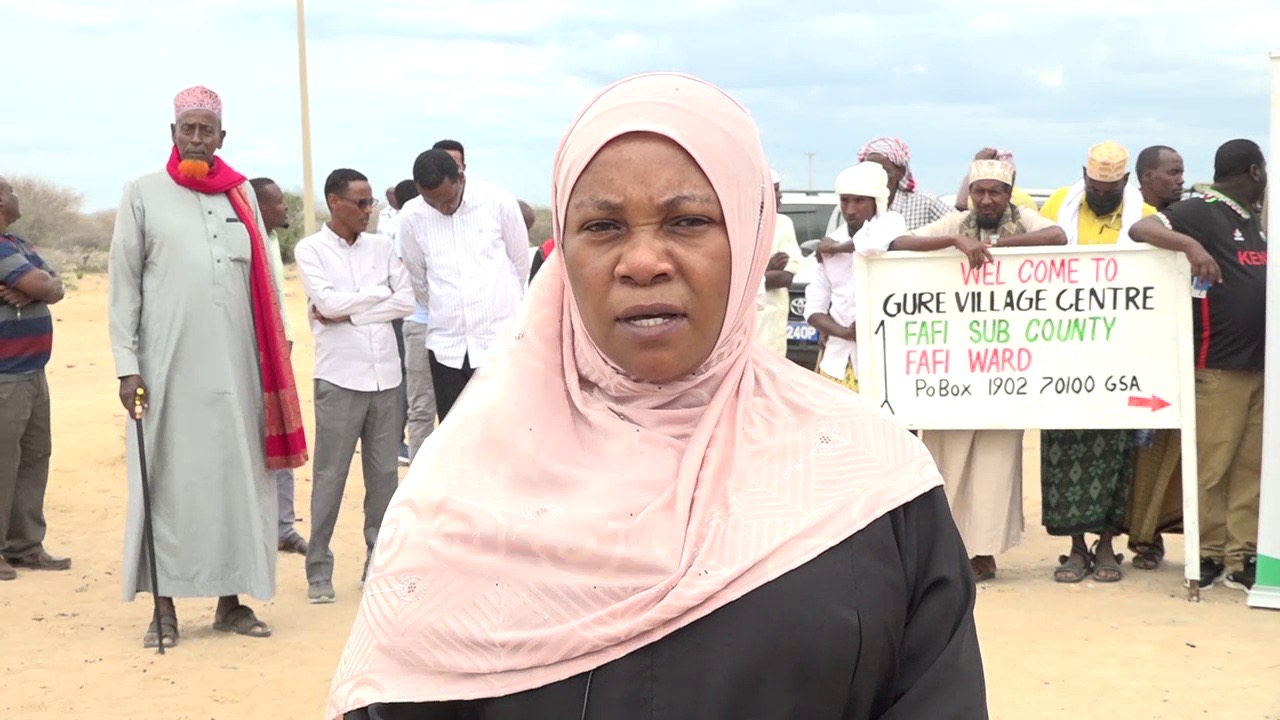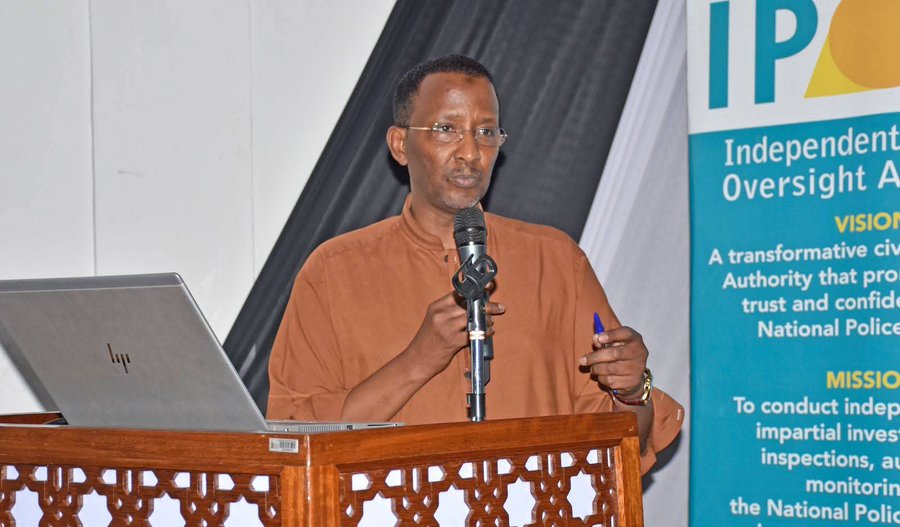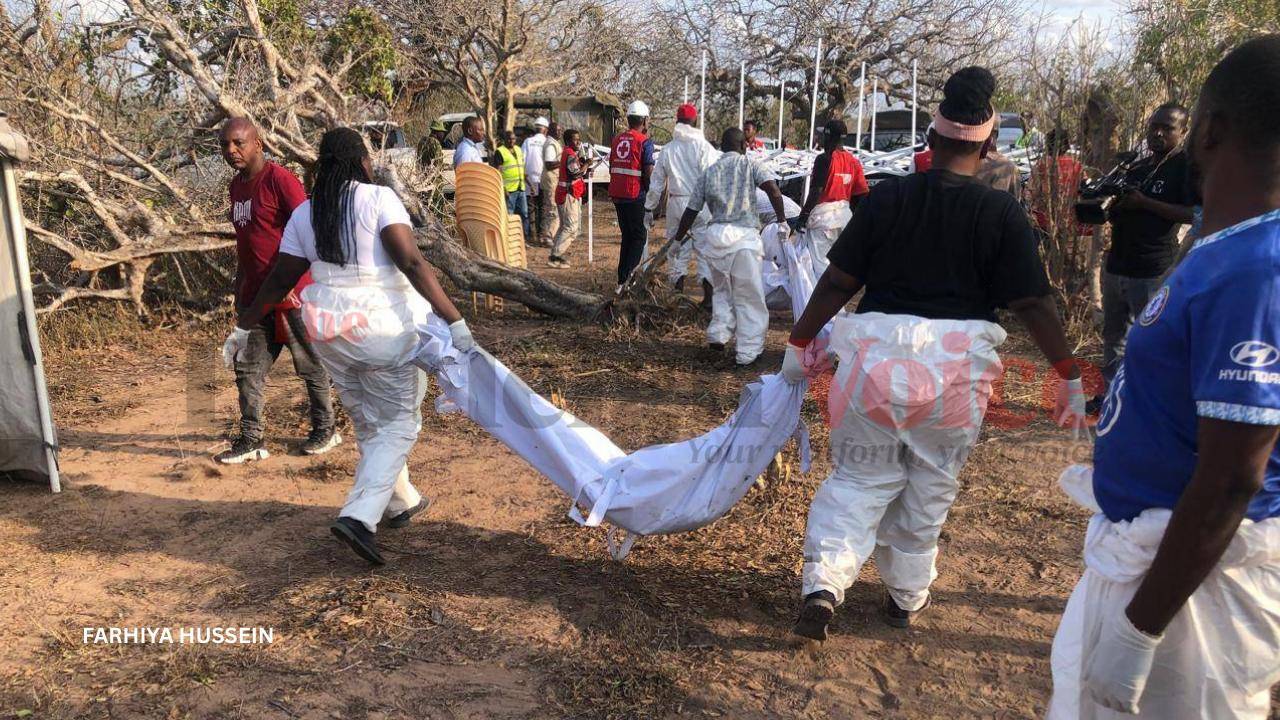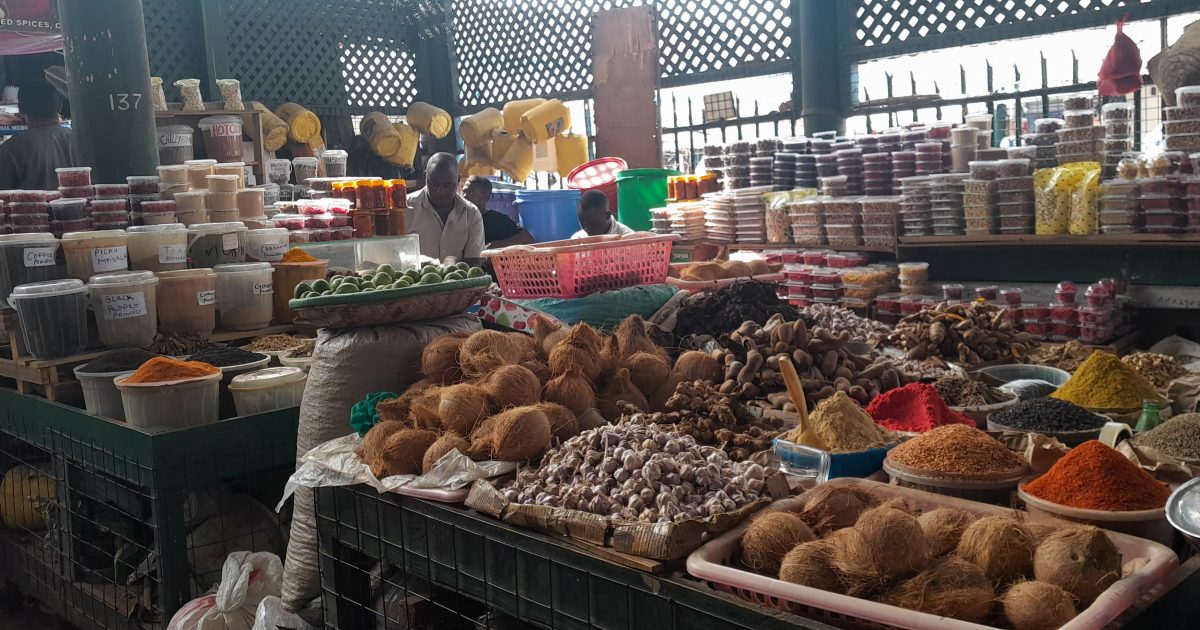2,300 cholera deaths reported as global outbreak deepens amid vaccine shortage
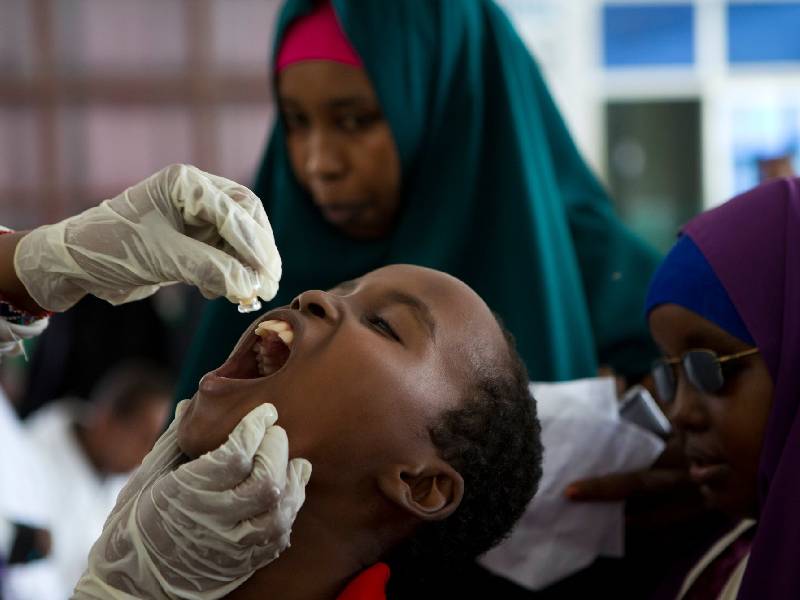
In January 2023, WHO classified the global cholera resurgence as a grade three emergency, the highest level for internal emergencies.
A global cholera outbreak continues to worsen, heightened by a critical shortage of vaccines.
This year alone, over 300,000 cases and 2,300 deaths have been reported, according to the World Health Organisation (WHO).
More To Read
- WHO Africa summit urges investment to end maternal mortality
- Hunger and disease in Gaza will only worsen from ‘man-made’ famine: WHO
- 2.1 billion people still without safe drinking water - UN report
- African governments urged to boost funding as NCD crisis deepens
- US suspends chikungunya vaccine after reports of severe side effects
- Darfur cholera outbreak kills 315 people in two months, aid group says
Cholera, a severe and highly contagious bacterial infection, spreads through the ingestion of food or water contaminated with Vibrio cholerae.
Although largely eradicated in wealthy countries decades ago, it remains a significant public health threat in many poorer nations. Without prompt treatment, cholera can cause rapid dehydration and death within hours.
The cholera response remains precarious as the disease surges in various parts of the world, particularly in Africa.
“Since January 2023, 105 million doses have been requested by 18 countries, but only 55 million doses have been produced in the same period,” WHO Director-General Tedros Adhanom Ghebreyesus said.
According to the WHO report, from July 2024, about 51,982 new cholera cases were reported across 17 countries in four of its regions, marking a 15 per cent increase from the previous month.
The highest number of cases was observed in the Eastern Mediterranean region, followed by Africa, South-East Asia, and European regions. This period also saw 223 cholera-related deaths globally, a 34 per cent increase from the previous month. Compared to the same period last year, when 75,214 cases and 166 deaths were reported from 22 countries, the 2024 figures represent a 31 per cent decrease in cases but a 34 per cent increase in deaths.
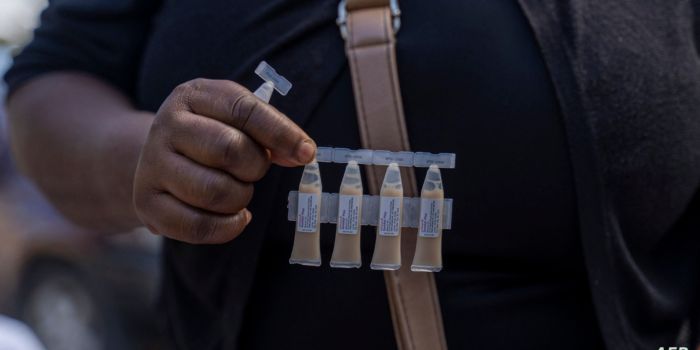 A man holds cholera vaccine doses (Euvichol-Plus) in Port-au-Prince on December 19, 2022, during a cholera vaccination programme. (Photo: Richard Pierrin/AFP)
A man holds cholera vaccine doses (Euvichol-Plus) in Port-au-Prince on December 19, 2022, during a cholera vaccination programme. (Photo: Richard Pierrin/AFP)
Since late July, Nepal has reported new cholera clusters in several districts.
From January 1 to July 28, 307,433 cholera cases and 2,326 deaths were recorded across 26 countries in five WHO regions. The Eastern Mediterranean region reported the highest numbers, followed by Africa, Southeast Asia, the Americas, and the European region. No outbreaks were reported in the Western Pacific region.
A severe shortage of oral cholera vaccines has significantly impeded the cholera response, with 105 million doses requested by 18 countries since January 2023, nearly double the 55 million doses produced in the same period.
In January 2023, WHO classified the global cholera resurgence as a grade three emergency, the highest level for internal emergencies. The situation remains classified as such due to the scale of outbreaks, their geographic spread, and the ongoing vaccine and resource shortages.
WHO continues to collaborate with global, regional, and national partners to support outbreak response efforts.
In Kenya, ongoing humanitarian crises, exacerbated by climate change and political instability in neighbouring Somalia, have increased vulnerability. Displacement into overcrowded and under-resourced camps has heightened the risk of cholera transmission.
Since 2014, Kenya has experienced recurrent large-scale cholera outbreaks, with 10,568 cases reported in 2015 and 5,208 cases in 2019. As of October 2023, the country reported 12,120 cases, with a case fatality rate of 1.7 per cent.
In 2024, the long March to May rain season led to flash floods and landslides across 43 counties. Tana River County, heavily impacted by the floods, reported 57 cholera cases in Garsen West and Garsen Central.
In response to the ongoing crisis, WHO is calling for urgent action to improve vaccine access and enhance prevention efforts, urging further investment in scaling up vaccine production and stressing the need for all countries to invest in water and sanitation infrastructure, as well as emergency preparedness, to prevent future outbreaks.
Top Stories Today
Reader Comments
Trending


